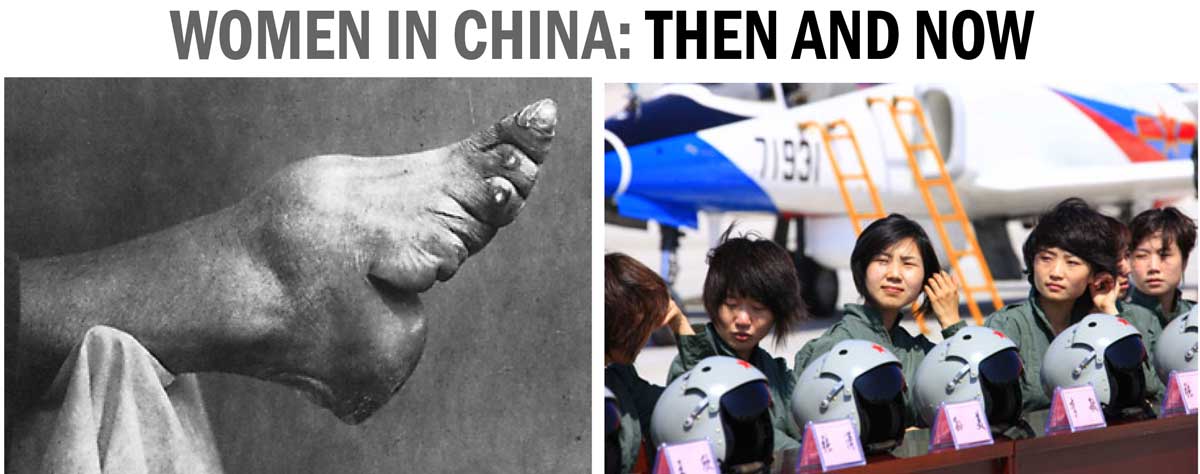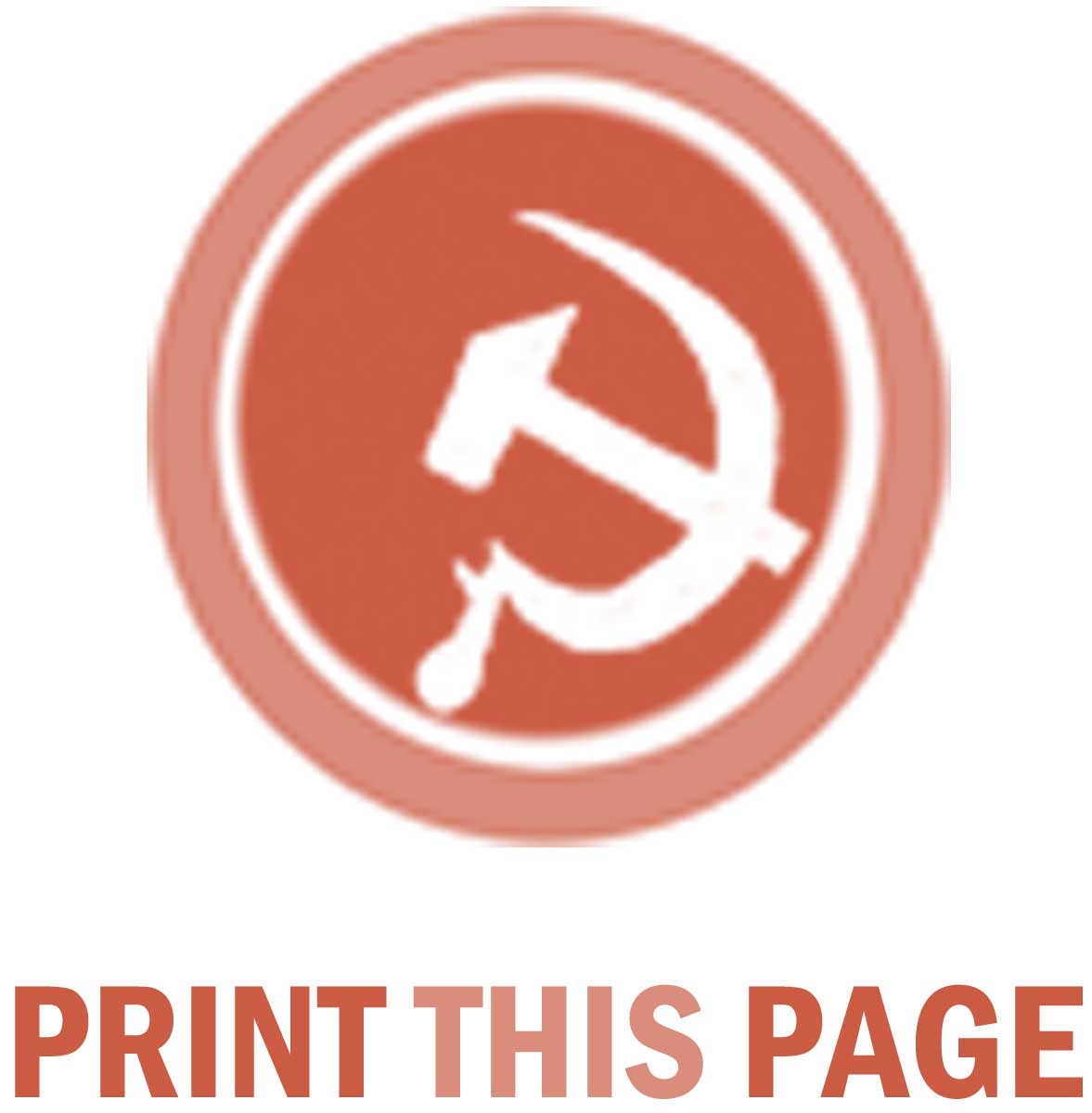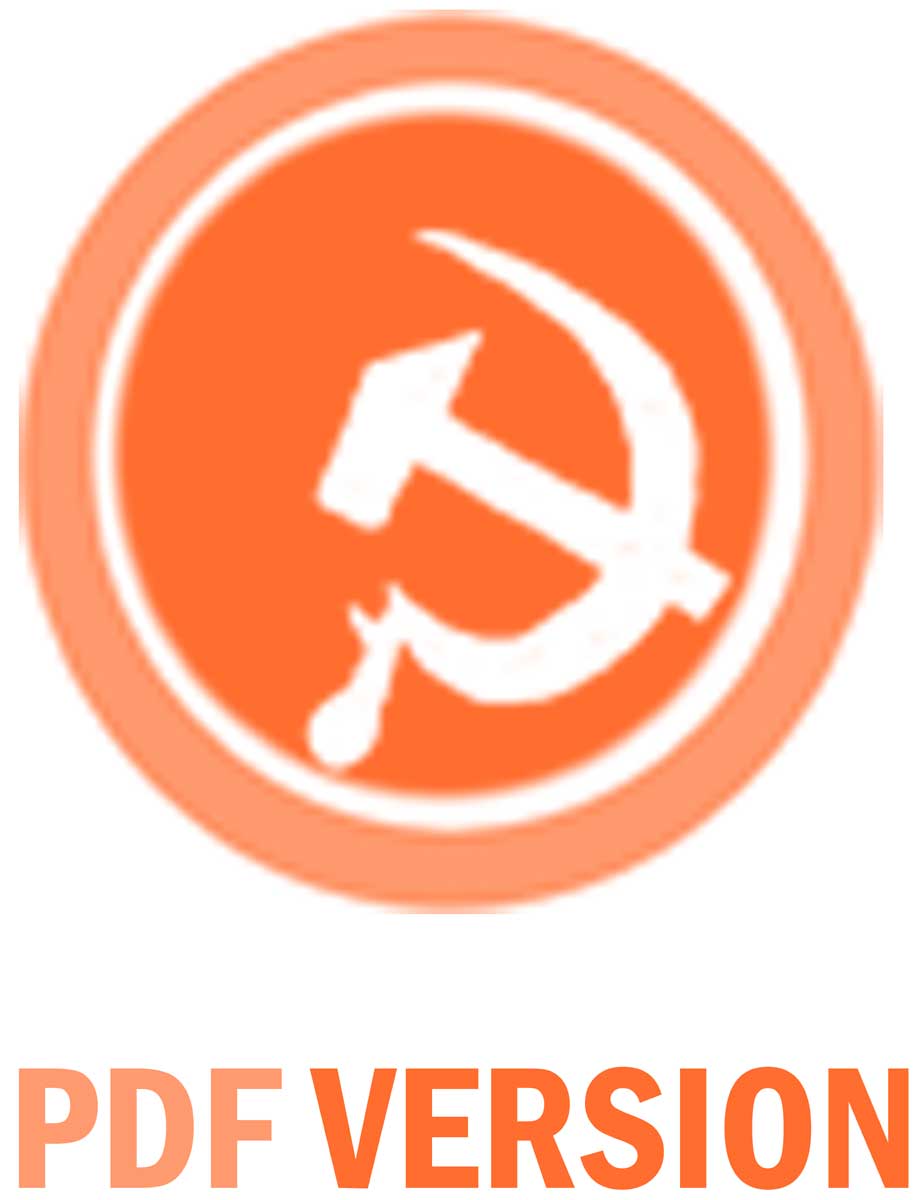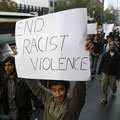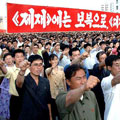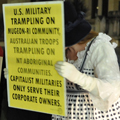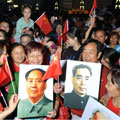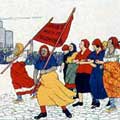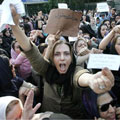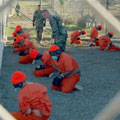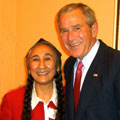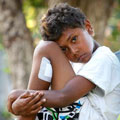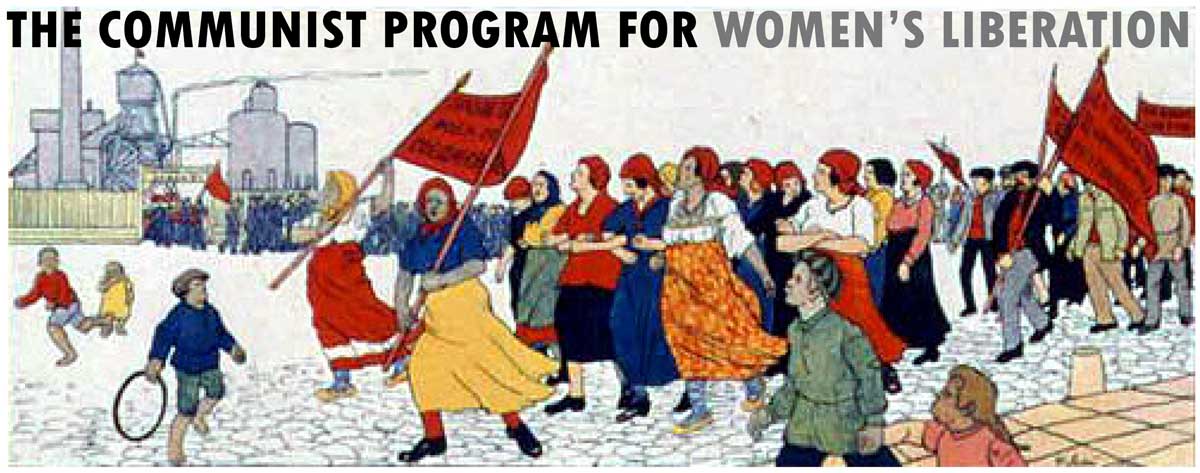
Today in every corner of the capitalist world, women, in different ways, face discrimination, exclusion and other forms of subjugation. This is especially true for working class women. To understand how this situation is going to be overturned we need to look back at past struggles that have made advances in the position of women. Chief among these is the October 1917 Socialist Revolution in Russia.
The strides made towards women’s emancipation in Soviet Russia were achieved despite the ferocious military interventions and economic strangulation that the Soviet Union faced from the capitalist powers. This hostile imperialist pressure eventually led to a bureaucratic degeneration of the socialist revolution in the mid-1920s. Nevertheless, although the leadership of the Soviet Union thereafter turned its back on the unalloyed revolutionary and egalitarian perspective of Lenin’s communism, the Soviet Union remained a workers state right up until it was destroyed by capitalist counterrevolution in 1991-92. This Soviet workers state embodied huge gains for the working class and the poor, especially for women and national minorities. The destruction of socialistic rule in the Soviet Union, the German Democratic Republic (East Germany), Poland, Yugoslavia etc has not only led to the return of mass unemployment, homelessness and racist violence but it has also led to a sharp deterioration in the position of women.
We reprint below an article by the leader of the Russian Revolution, Vladimir Lenin, which outlines the communist program for women’s emancipation. This is the program that made all the past advances in the status of women possible in the former Soviet Union. Moreover, it is the program that when carried through to its conclusion will lead working class women and indeed all the toilers and downtrodden of the world to their final liberation.
This article was written by Lenin for publishing on International Working Women’s Day (now called International Women’s Day) in 1921.
The gist of Bolshevism and the Russian October Revolution is getting into politics the very people who were most oppressed under capitalism. They were downtrodden, cheated and robbed by the capitalists, both under the monarchy and in the bourgeois democratic republics. So long as the land and the factories were privately owned this oppression and deceit and the plunder of the people’s labour by the capitalists were inevitable.
The essence of Bolshevism and the Soviet power is to expose the falsehood and mummery of bourgeois democracy, to abolish the private ownership of land and the factories and concentrate all state power in the hands of the working and exploited masses. They, these masses, get hold of politics, that is, of the business of building the new society. This is no easy task: the masses are downtrodden and oppressed by capitalism, but there is no other way – and there can be no other way – out of the wage slavery and bondage of capitalism.
But you cannot draw the masses into politics without drawing in the women as well. For under capitalism the female half of the human race is doubly oppressed. The working woman and the peasant woman are oppressed by capital, but over and above that, even in the most democratic of the bourgeois republics, they remain, firstly, deprived of some rights because the law does not give them equality with men; and secondly – and this is the main thing – they remain in “household bondage,” they continue to be “household slaves,” for they are overburdened with the drudgery of the most squalid, backbreaking and stultifying toil in the kitchen and the family household.
No party or revolution in the world has ever dreamed of striking so deep at the roots of the oppression and inequality of women as the Soviet, Bolshevik revolution is doing. Over here, in Soviet Russia, no trace is left of any inequality between men and women under the law. The Soviet power has eliminated all there was of the especially disgusting, base and hypocritical inequality in the laws on marriage and the family and inequality in respect of children.
